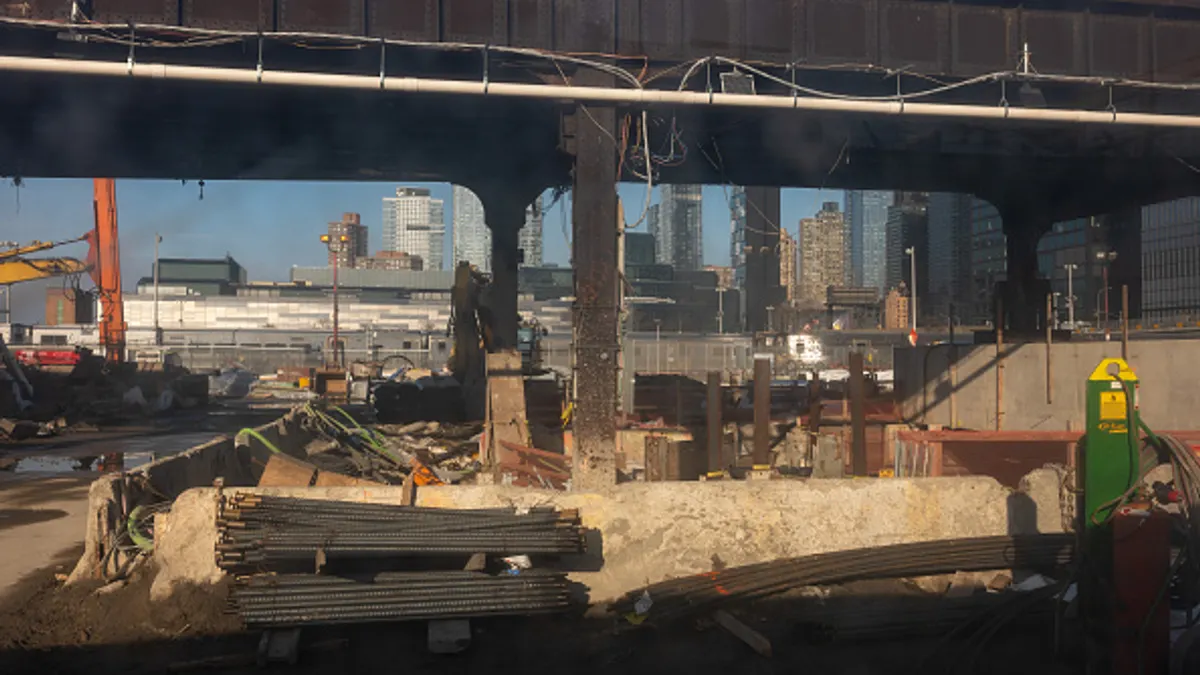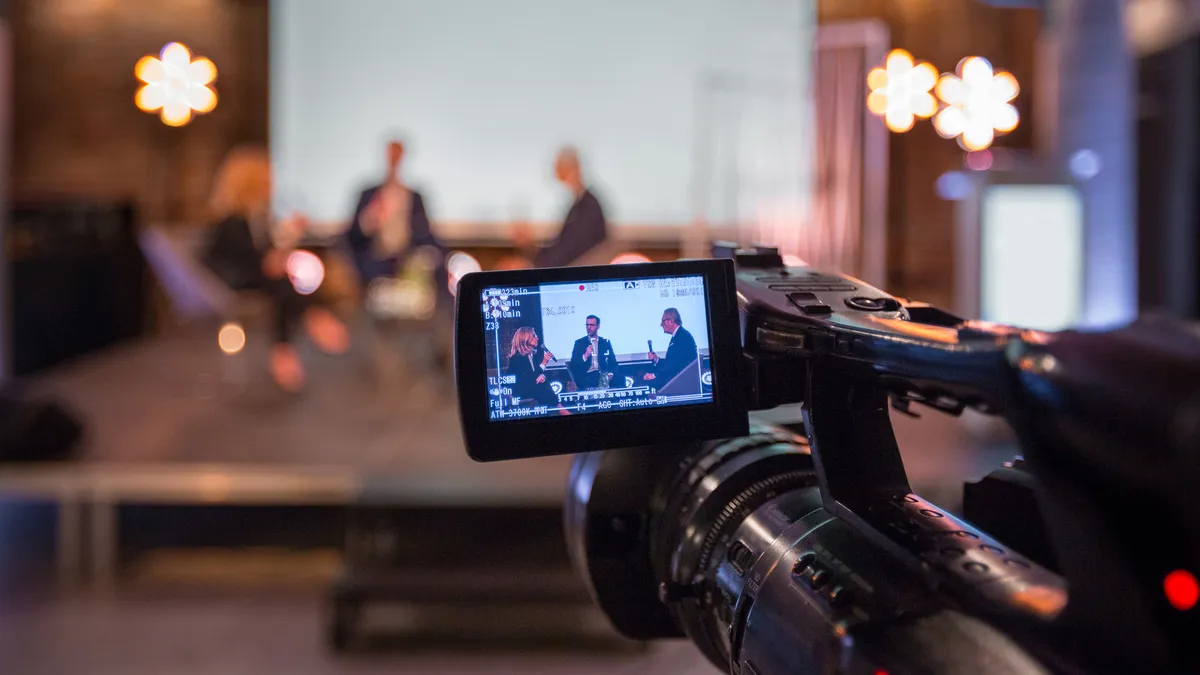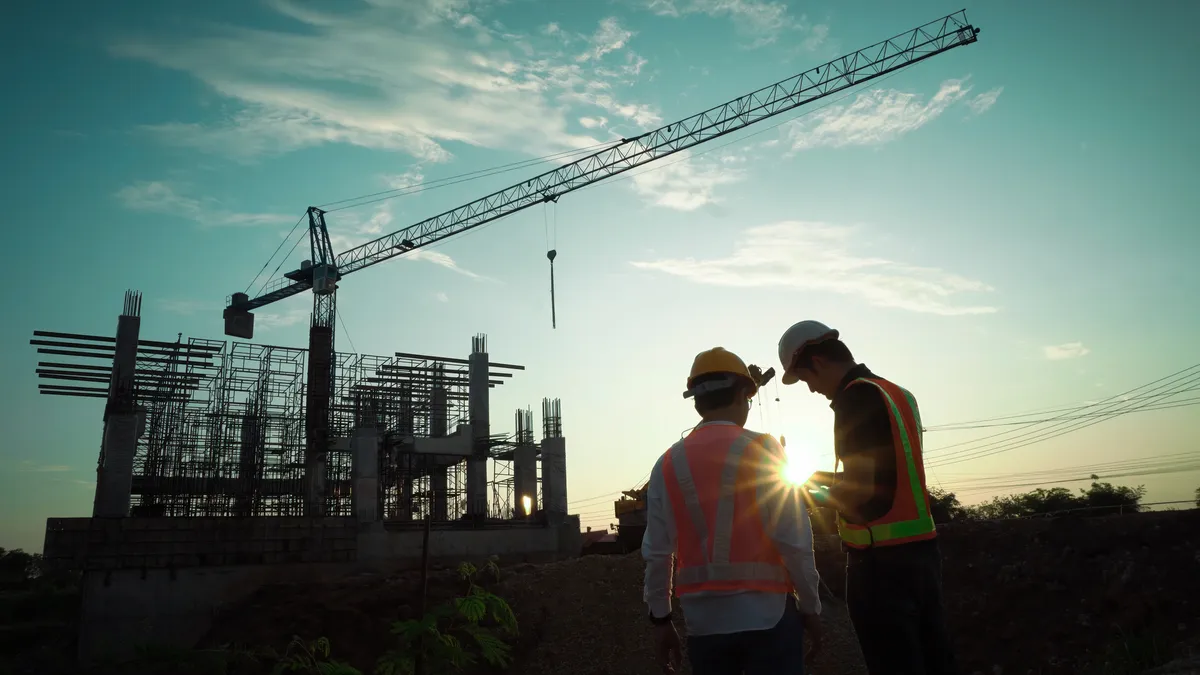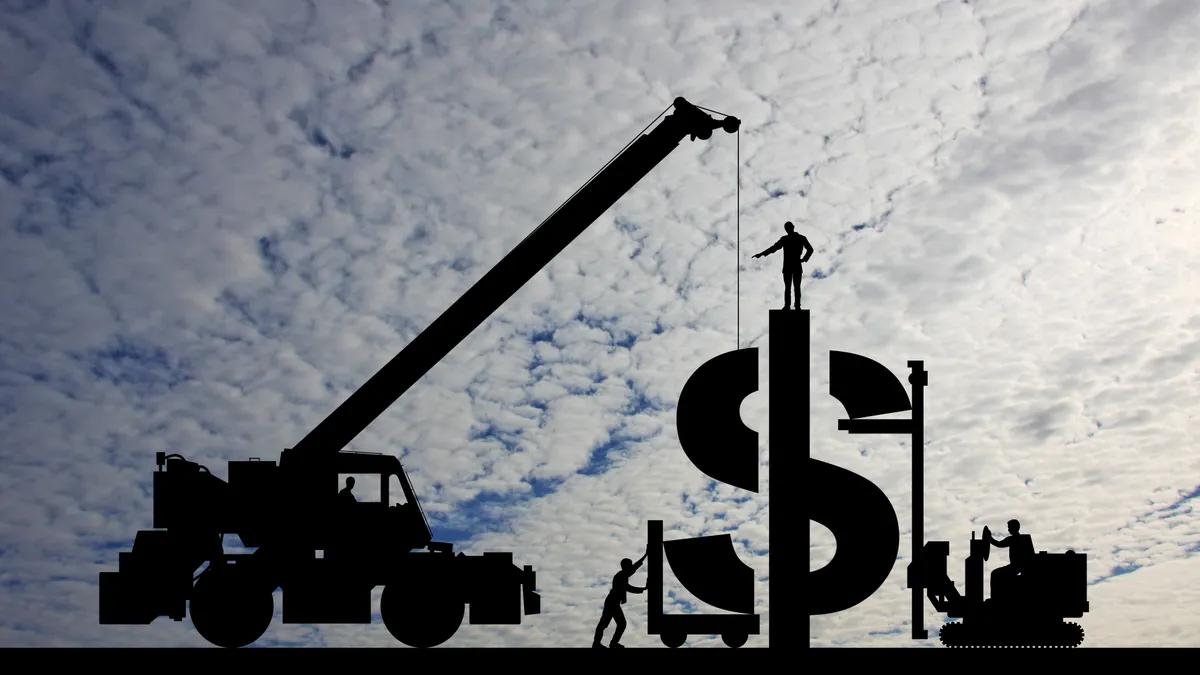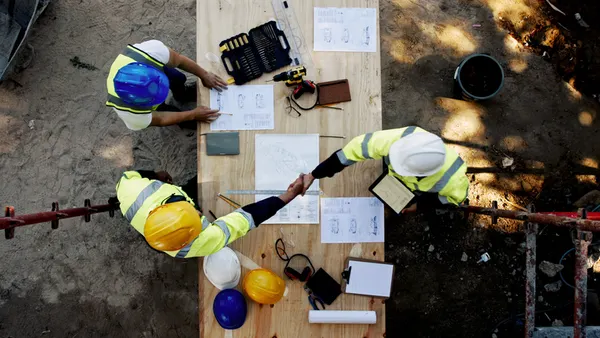Chad Prinkey is CEO of Well Built Construction Consulting, a Baltimore-based firm that delivers strategic consulting, facilitation services and peer roundtables for construction executives. Opinions are the author’s own.
Americans are sad.
Multiple national and international studies are conducted every year to gauge levels of human happiness. Overwhelmingly, Americans are less happy than we have been in the past and less happy than people in most other developed economies. This trend is pretty consistent across the board.
Surprisingly, this trend comes against a backdrop of considerable corporate efforts to make our workforce happier in their jobs. Work-life balance is fully a part of our social lexicon, and every good company is expected to make an effort to provide this balance to their employees.

The modern employee’s perspective on work is: “I want a better work-life balance so I can spend more time outside of work on things that really matter.” To me, this indicates that work is something that doesn’t really matter, something that Americans are forced to do to make an income.
Mostly, this has translated to trying to allow people to work fewer hours and, in some cases, work from home. The average full-time worker is putting in about 4% fewer hours today than 30 years ago, so this would seem to indicate that we’re not sadder because of work.
In fact, you know what really matters to me and the happiest people I know? Their work!
I truly feel like my work matters. I can honestly say I felt the same even back to when I was stocking shingles on roofs, mixing mortar for brick masons and framing walls in the field. I can’t imagine feeling like I was spending 40-plus hours per week doing something I thought didn’t matter.
Creating meaning for your workforce
The mere act of contributing to the greatest economy on the planet is meaningful. Construction should especially be a deeply rewarding experience focused on transforming the world around us for the better.
You don’t have to do much as an employer, leader or manager to create meaning for your workforce other than remind them how cool the work is and whose lives you are transforming with every project.
You can go a step further and develop and communicate a compelling vision for your company and ensure everyone knows the crucial role they play in driving you there.
Ultimately, though, the individual must want to find the meaning in their work, and that’s not something you can fix. The only thing I know about this for sure is that if you allow people who don’t care about their work to stay, you’ll lose those who do care.
Bottom line: Instead of trying to find ways for people to work less, we ought to be finding ways to help them get more fulfillment from their work.




